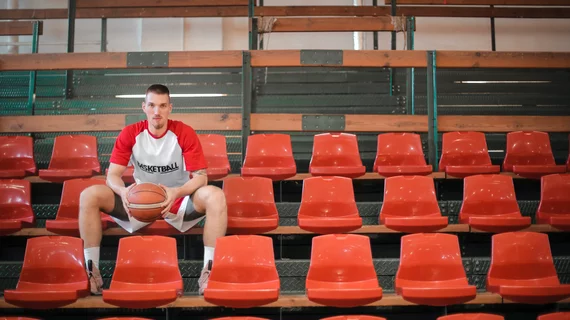Student-athletes outfitted with wearables to help study COVID
A major collegiate athletic conference is teaming with a top-tier academic healthcare system and a popular fitness technology company to study the utility of wearables for preventing or monitoring COVID-19 and other infectious diseases in student-athletes.
The Pac-12 says it’s working with Stanford Medicine and Fitbit in a project that will run through the year and involve 1,000 volunteers from all 12 schools in the conference.
“While the study is specific to student-athletes, it may help to develop broader solutions to help people stay healthy and detect early signs of illness,” the Pac-12 notes in an announcement.
“Researchers hope that learnings from this young adult age group can be applied to larger populations and will add to the growing body of knowledge around the potential for wearables like Fitbit to help control the spread of illness, especially in higher-risk communal settings.”

